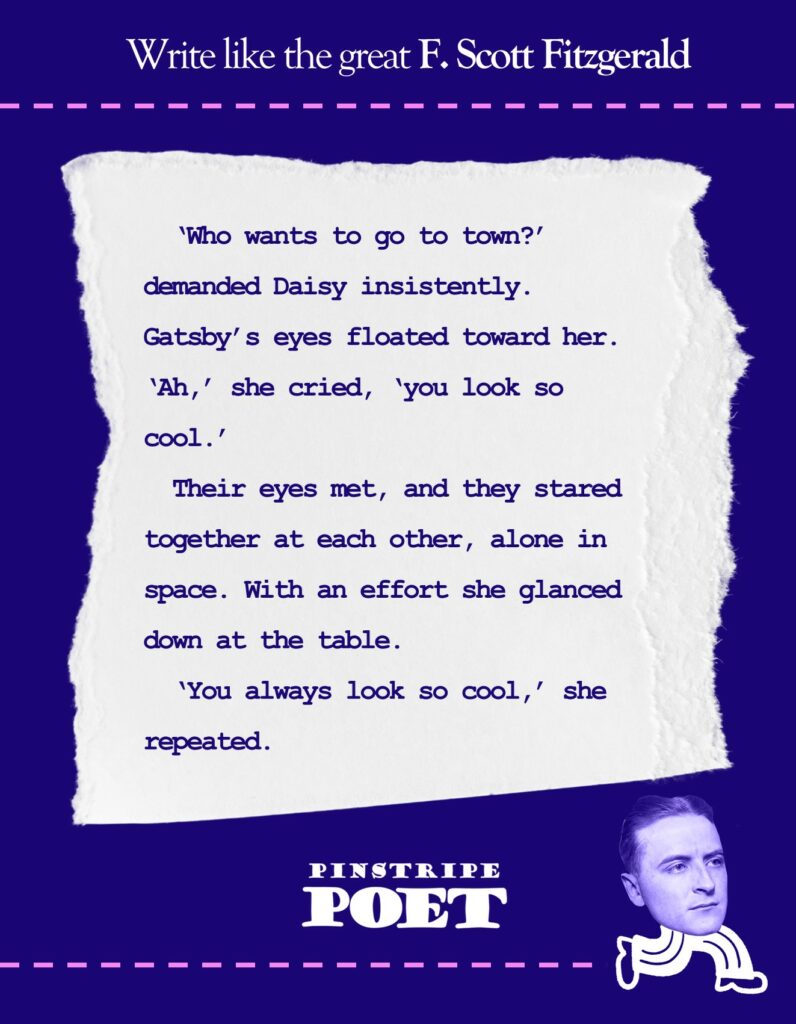
Fitzgerald’s Latest A Dud
When The Great Gatsby was published, it was panned.
Fitzgerald — who had been hailed as a ‘young man of promise’ — was mauled for being ‘bored and tired and cynical’.
Here’s the damning judgement of H.L. Mencken, critic at the Chicago Tribune:
What ails [The Great Gatsby], fundamentally, is the plain fact that it is simply a story—that Fitzgerald seems to be far more interested in maintaining its suspense than in getting under the skins of its people.
Stay on the skin, I say. That surface should tell you everything.
I admire the way Fitzgerald wrote about the wrappings and trappings of his characters: everything from evening jackets to motorcars will tell you something about the soul within.
And while H.L. Mencken might be right that Fitzgerald never pierces through, that would be intentional. Let me explain the effect…
When I read Fitzgerald, I feel like a plus-one at a party, straining to understand the drama erupting between unfamiliar people.
I can just about glimpse them, dancing at the opposite side of the bar. I have to work to piece the story together. But very occasionally, Fitzgerald will lean over to act as an interpreter.
That’s when we get moments like the one in the extract. Daisy admires Gatsby’s cool, and the book pauses to explain:
She had told him that she loved him, and Tom Buchanan saw. He was astounded.
Daisy’s grand declaration is all the more poignant, because it was half-said. She revealed all she wanted to — or dared.
Her skin is bared, for readers to see. With enough work, they can get underneath.
Aidan Clifford writes for Pinstripe Poets – artists who love their day jobs. This post is part of a series called ‘Write like the Greats’. See the rest here.


